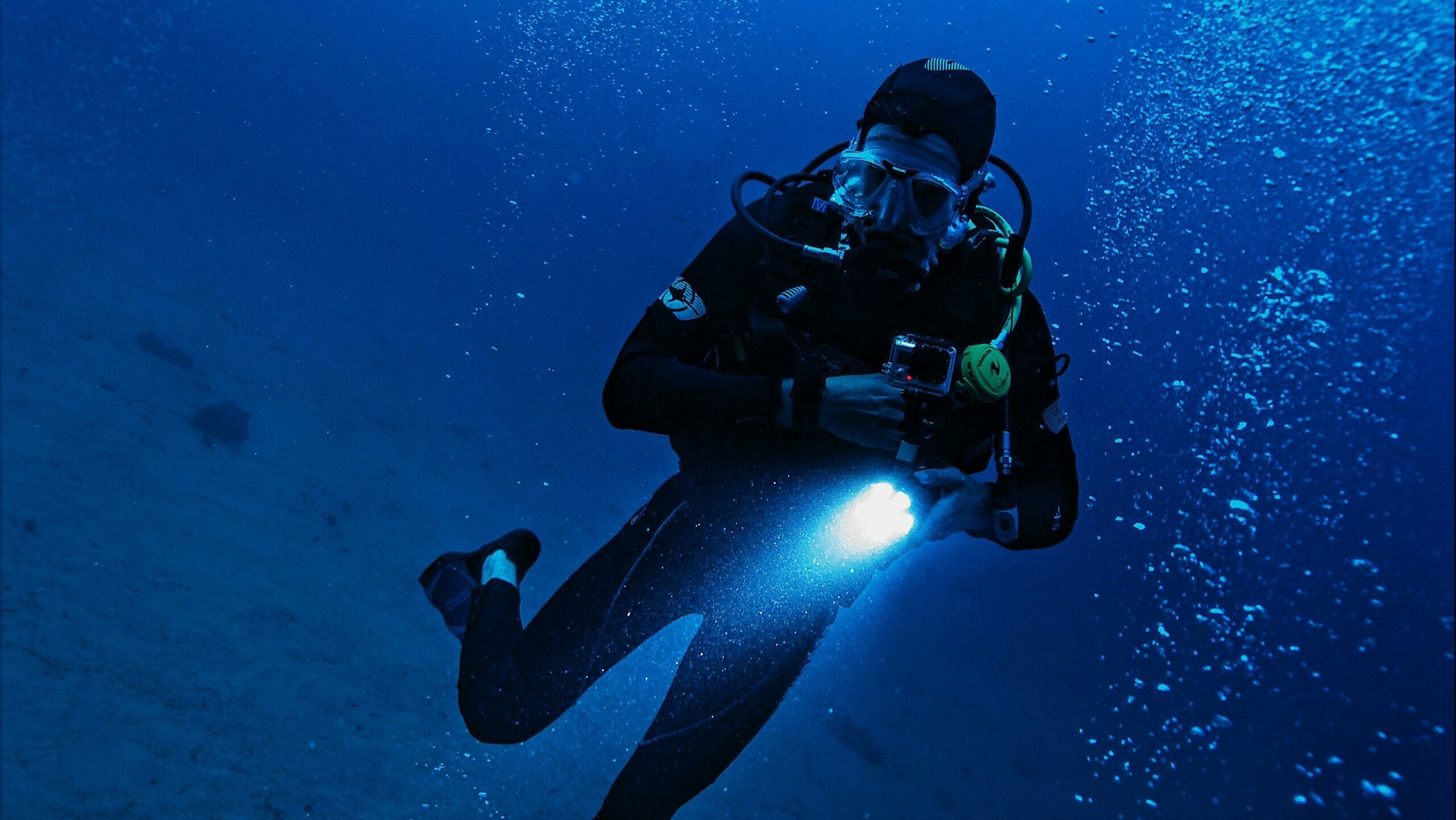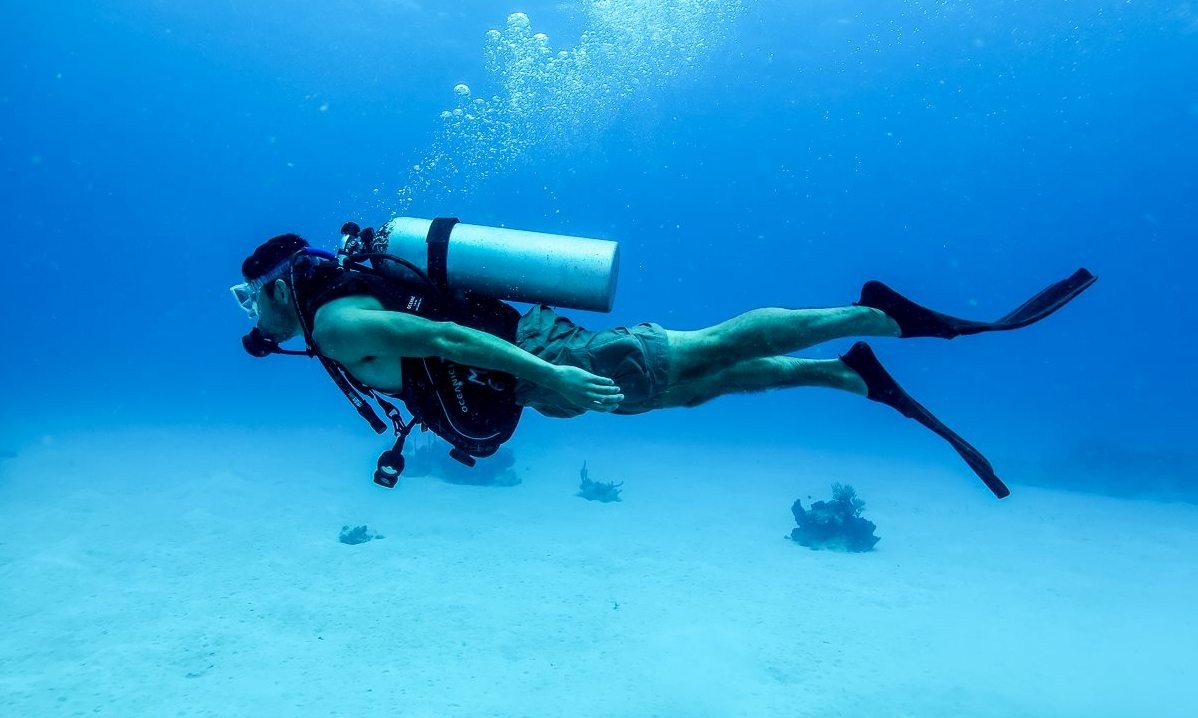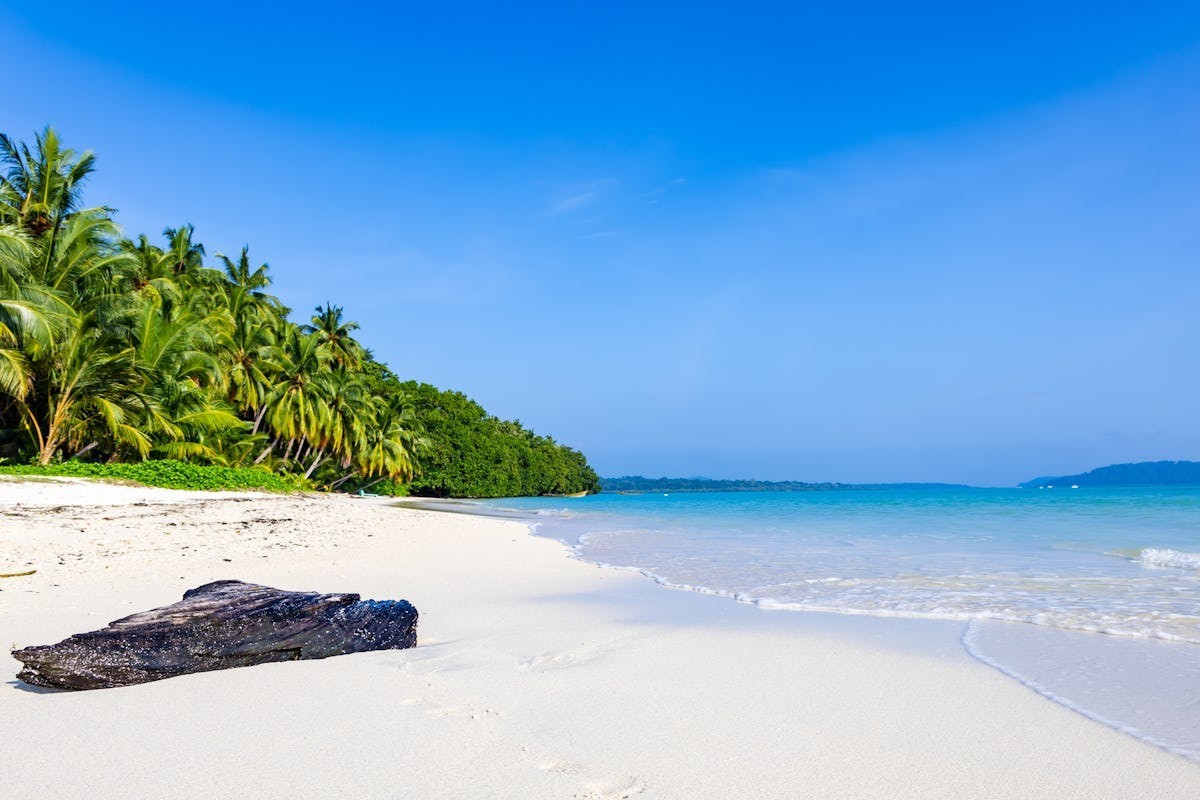Diving Sites in Port Blair



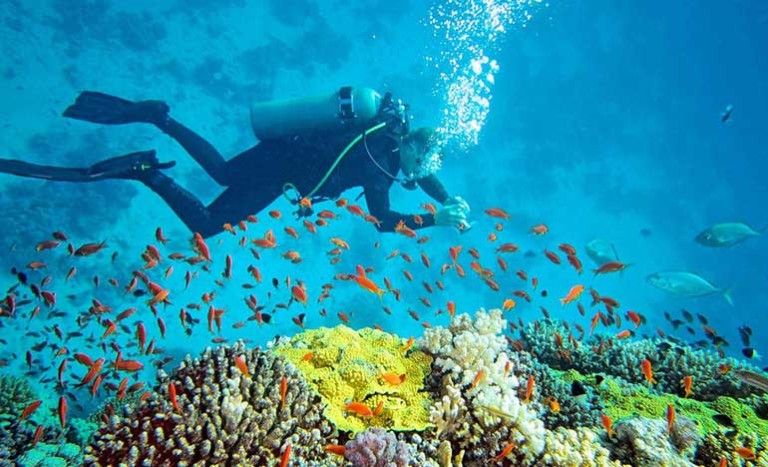
-
Apr 24, 2023
Scuba diving is a unique and unforgettable experience that offers a chance to explore the mesmerizing world beneath the ocean's surface. It allows you to witness the beauty of marine life, corals, and shipwrecks that are inaccessible to most people. However, getting started can seem daunting for beginners, as there's a lot to learn before you can dive safely. This guide provides an overview of the basics of scuba diving, including the importance of certification, the necessary gear, and some key skills to master. With these essential steps, beginners can feel confident and prepared to start their scuba diving journey.
Get Certified
Getting certified is not only important for your safety but also for the safety of those around you. Scuba diving can be dangerous if you don't know what you're doing, which is why certification is essential. The certification process teaches you how to use the equipment properly, how to manage your air supply, how to control your buoyancy, and how to handle emergencies.
Additionally, being certified means that you have access to more dive sites and opportunities, as many dive operators require proof of certification before allowing you to dive with them. Overall, certification is an important step in becoming a confident and competent scuba diver, and it's a great way to start your underwater adventures with a strong foundation of knowledge and skills.
Choose the Right Gear
Choosing the right scuba gear is crucial to a safe and comfortable dive. Your gear should fit properly and be in good condition to ensure that it functions correctly underwater. Some basic gear you'll need includes a wetsuit, regulator, mask, fins, and a weight belt. The wetsuit keeps you warm and protects your skin from abrasions and stings. The regulator is your lifeline underwater, allowing you to breathe from your tank.
The mask allows you to see underwater, and the fins help you move efficiently through the water. A weight belt helps you achieve neutral buoyancy, which is essential for a safe dive. While you can rent gear, investing in your gear is recommended if you plan on diving frequently. Owning your gear means you can ensure that it's properly maintained, fits you well, and is comfortable for you to use.
Learn the Basics
Learning the basics of scuba diving is crucial for a safe and enjoyable dive. It's essential to understand how to use your gear properly, such as your regulator, buoyancy control device (BCD), and dive computer. Knowing how to equalize your ears is also important to prevent discomfort or injury. When descending, the pressure increases, and air trapped in your ears can cause pain or even a ruptured eardrum. To equalize, pinch your nose and blow gently. Lastly, controlling your buoyancy allows you to stay at a particular depth or ascend and descend smoothly. This skill takes time to master, but it's essential for maintaining proper buoyancy and avoiding contact with the seafloor or other objects.
Choose the Right Dive Site
When it comes to scuba diving, choosing the right dive site is crucial for both safety and enjoyment. As a beginner, it's recommended that you start with shallow and calm dive sites that offer clear visibility. This will give you a chance to practice your skills without feeling overwhelmed or uncomfortable. It's also important to choose a dive site that matches your skill level and experience. Some dive sites may have strong currents or deep drop-offs, which may be challenging for beginners. Always do your research and consult with a professional to ensure that you choose a dive site that's appropriate for your level of expertise.

Practice
Like any skill, scuba diving requires practice to become proficient. It's important to regularly practice your skills, even if you haven't been diving in a while. This will help you maintain muscle memory and stay comfortable with the gear and techniques. Practicing regularly will also help you become a more confident and skilled diver, which can lead to a more enjoyable experience. You can practice in a pool or controlled environment, or even go on fun dives to keep your skills sharp. Remember, the more you practice, the better prepared you'll be for any situation that may arise during a dive.
Dive with a Friend
Diving with a buddy is an important safety measure that should never be overlooked. Having a dive companion means that there is always someone there to help you in case of an emergency or equipment failure. It also makes the experience more enjoyable by having someone to share it with. Your dive buddy should be someone you trust and have good communication with. Before diving, make sure to discuss your dive plan, including your maximum depth, time, and route. Always keep an eye on your buddy and communicate regularly to ensure that you both stay safe underwater. Remember, diving is always better with a buddy!
Respect the Environment
As scuba divers, we have the privilege of experiencing the beauty of the underwater world up close. However, we must also remember that we are visitors to this environment and must treat it with respect. This means being mindful of our impact on marine life and their habitats. We should never touch or disturb marine creatures, and we should be careful not to damage coral reefs or other underwater ecosystems. By showing respect for the environment, we can help protect it for future generations of divers to enjoy. It's important to remember that we have a responsibility to preserve this incredible world that we are lucky enough to explore.
Ready to dive?
Scuba diving is an activity that can provide you with a lifetime of adventures and discoveries. However, it's important to approach it with caution and respect for the underwater environment. By obtaining the proper certification, choosing the right gear, and practising your skills regularly, you'll be able to dive with confidence and safety. Additionally, always remember to dive with a buddy, select an appropriate dive site, and respect marine life and its habitats. With these tips in mind, you can begin your scuba diving journey and experience the thrill of exploring the underwater world. Happy diving!
Diving Sites in Port Blair
Diving Sites in Havelock Island
Diving Sites in Neil Island
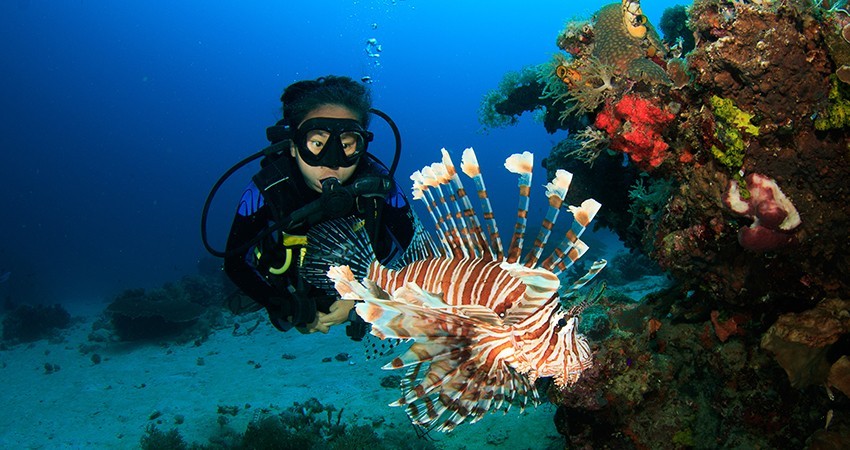
.jpg)
